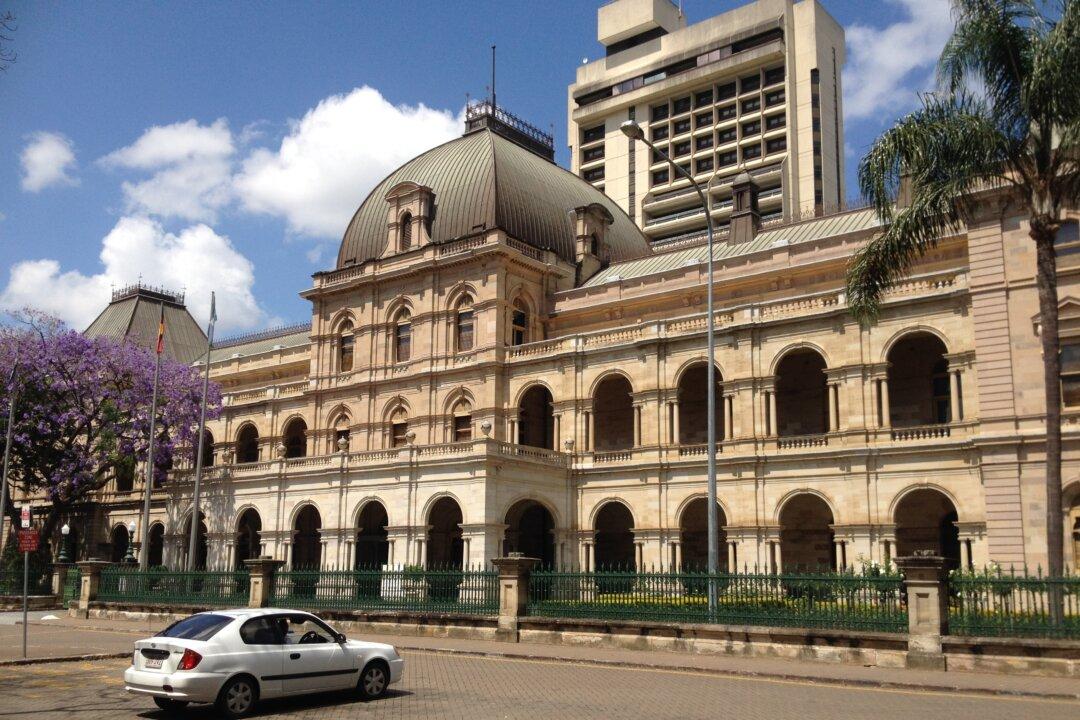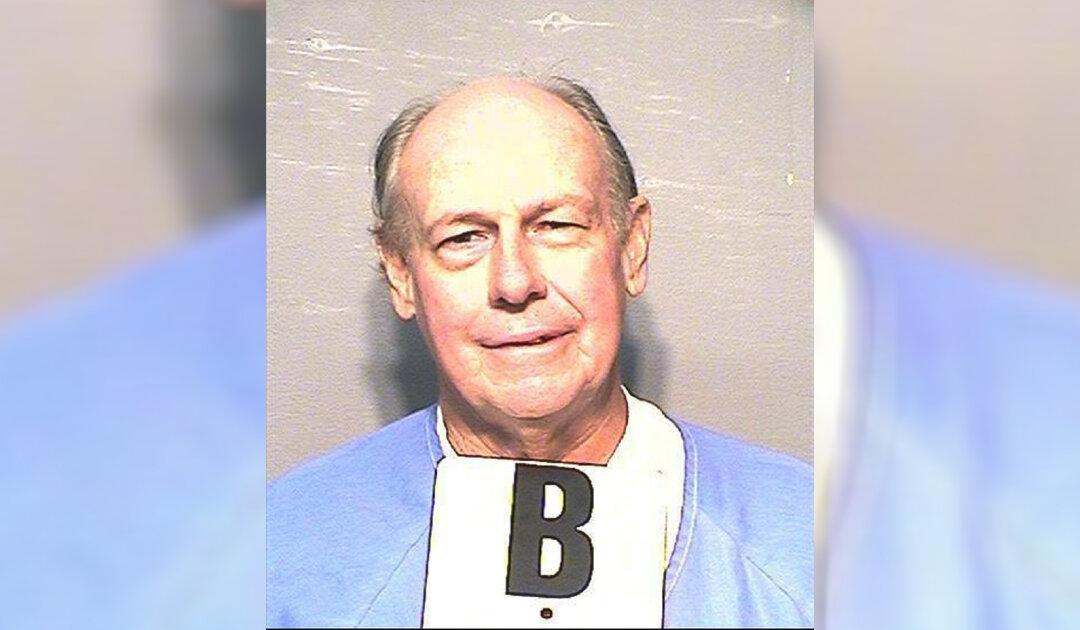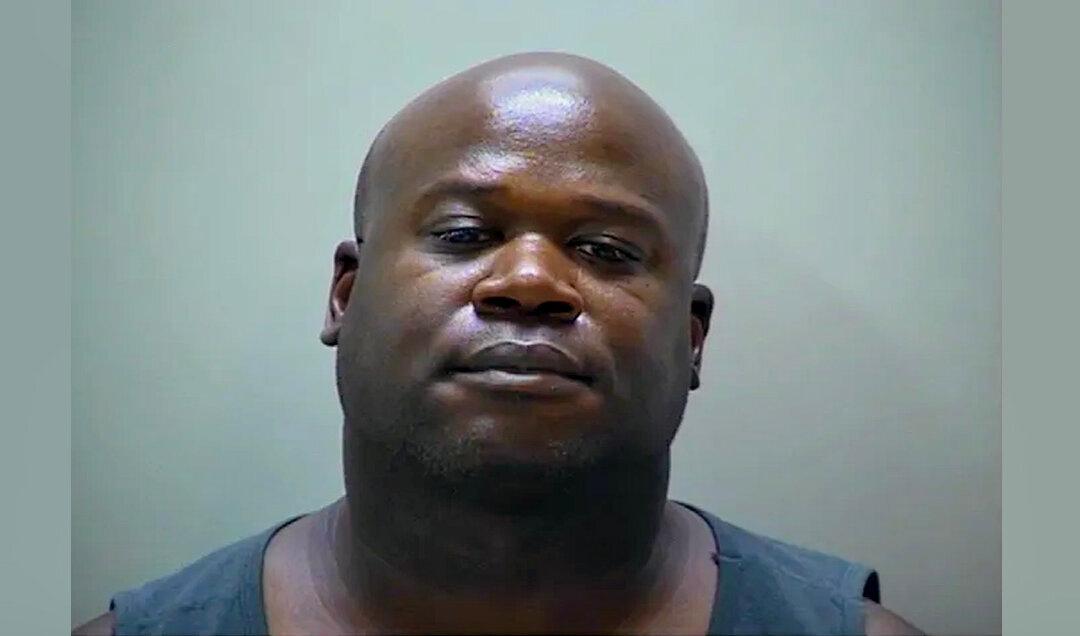There are fresh concerns a growing bureaucracy is causing government spending to jump, according to the latest data from an independent examination of Queensland’s public sector.
State government spending jumped by 17.6 percent to $67.1 billion (US$47.5 billion) in the 2017-18 period, according to the latest financial audit from the Queensland Audit Office.





